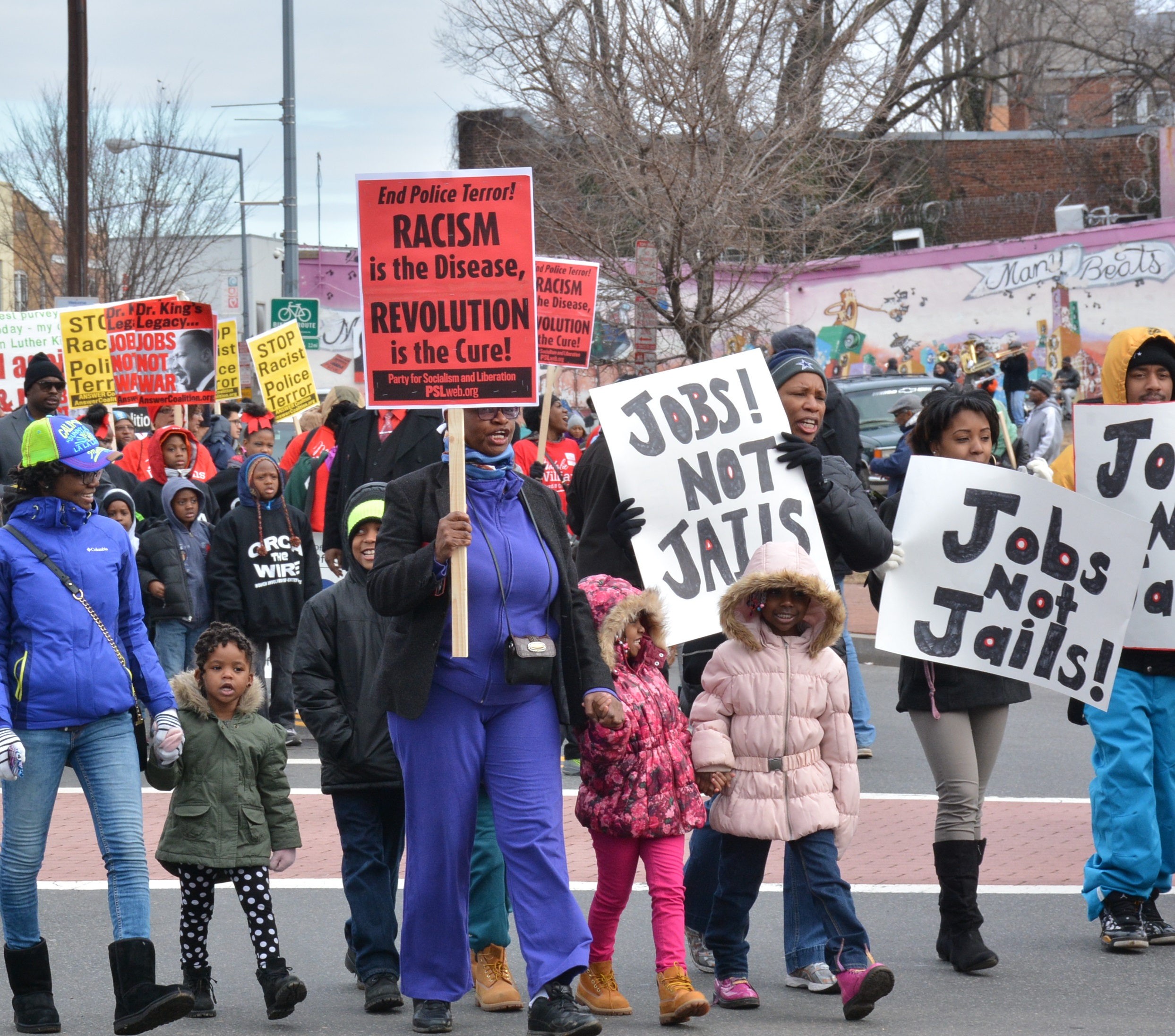AARP Hearing Center

National Urban League President/CEO Marc Morial, who last year hosted a conference themed, “Bridges to Jobs and Justice,” often stresses the need for poor people to have jobs as a key to economic empowerment and civil rights.
Marcia Griffin, founder of Homefree USA, says home ownership is crucial to economic empowerment since “96 percent of African-American wealth is in our homes.”
Michael Grant, president/CEO of the National Bankers Association, says the key to economic empowerment in the Black community is the support of Black-owned banks.
“For every $1 million of invested capital in these banks, they are able to loan out seven, eight, nine or $10 million for economic development, business growth and job creation,” Grant says.
And then Marie Johns, former deputy administrator of the U. S. Small Business Administration contends the key to economic empowerment in the Black community is clearly the support of small businesses, which President Barack Obama recently called the "lifeblood of our economy" and the "cornerstones of our communities."
Despite the historic variety of perspectives among economic leaders on just how to empower African-American people, there is one thing on which they all agree: They agree that economic empowerment of the Black community is crucial and remains the unfinished business of civil rights.
“Reverend Martin Luther King had many ideas. But those who marched with him and continued the work for justice after his assassination, knew his vision for economic power for the powerless,” says Harvard Law School professor Charles J. Ogletree Jr., founder and executive director of the Charles Hamilton Houston Institute for Racial Justice.
That movement was started after the passage of the Civil and Voting Rights Acts in 1964 and 1965 respectively. Having led those victories, Dr. King had just started a “Poor People’s Campaign,” focusing on the economic empowerment of sanitation workers in Memphis, Tenn., when he was assassinated April 4, 1968.
“His campaign's primary goal was to establish a firm social protection floor that insured shared prosperity,” says Bill Spriggs, chief economist for the AFL-CIO. “He died helping sanitation workers gain the right to organize because his campaign underscored the need for workers to fight for just wages and working conditions.”
African-American leaders are working to revive Dr. King’s campaign in the 21 st Century because of the gross economic disparities. According to a recent Pew report, White America is 20 times richer than Black America.
On the eve of his assassination, Dr. King encouraged preachers at the Mason Temple in Memphis, "It's all right to talk about the new Jerusalem, but one day, God's preacher must talk about the new New York, the new Atlanta, the new Philadelphia, the new Los Angeles, the new Memphis, Tennessee.”
Currently working alongside AME Church leaders to develop a program to support Black-owned businesses, Grant says he draws from Black History: “We played a major role in growing America from a small colonial outpost to the greatest industrial giant the world has ever known. We don’t have to argue about our ability to grow wealth. We have made everyone else rich, some filthy rich. Isn’t it time that we finally make our efforts productive for ourselves?”
[Photo courtesy of Roy Lewis/Trice Edney News Wire]































































